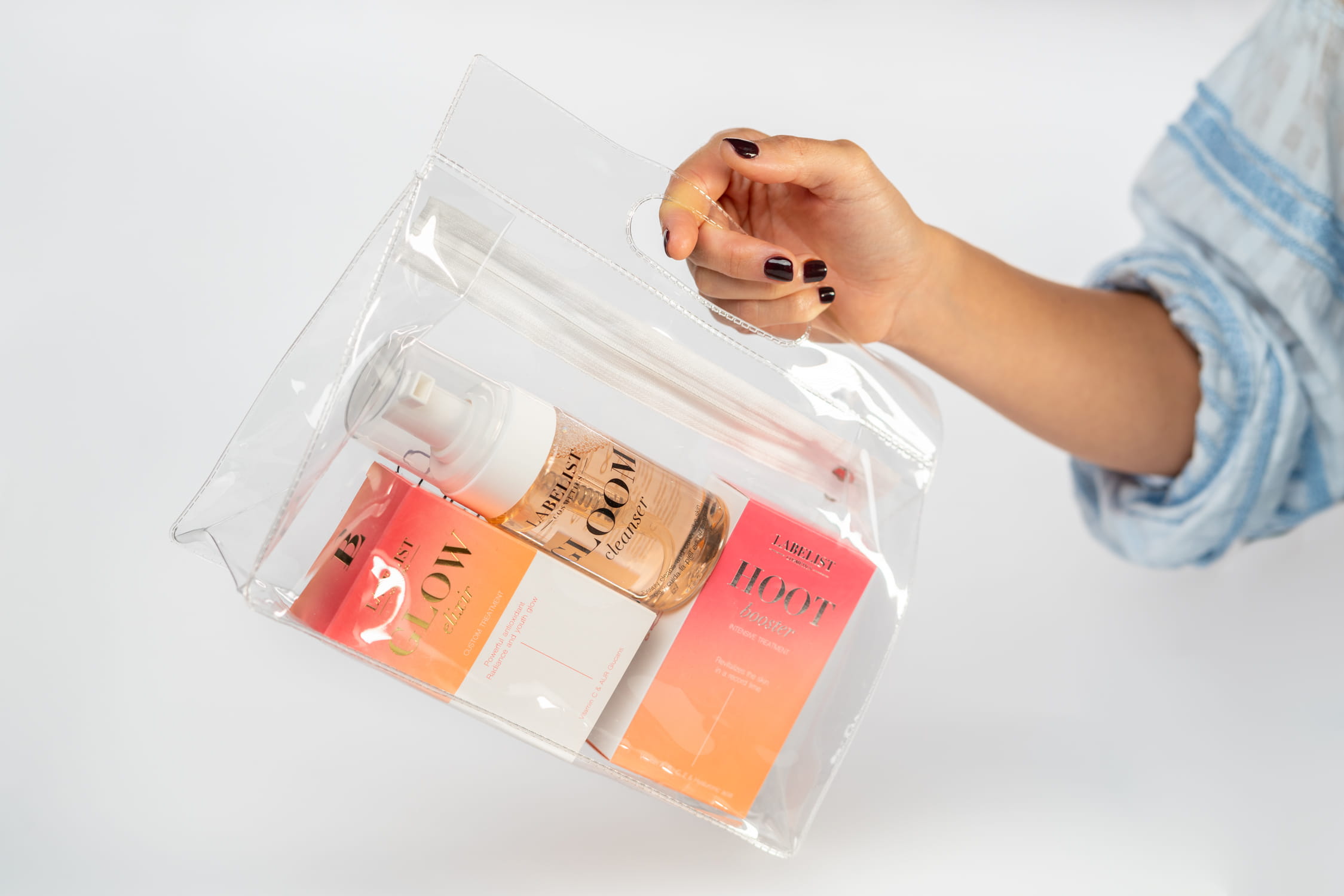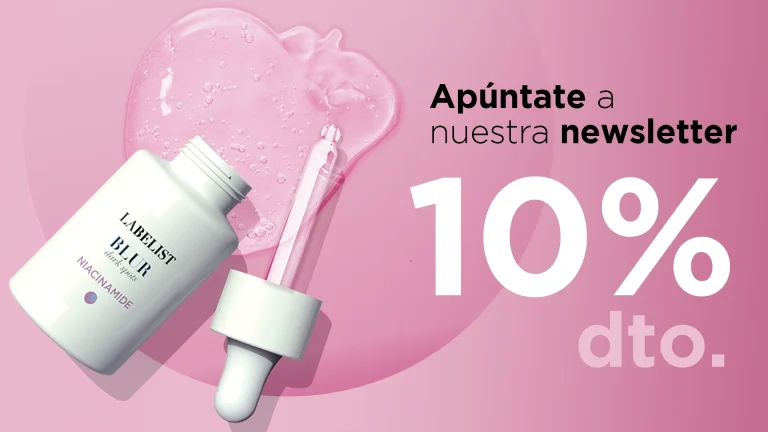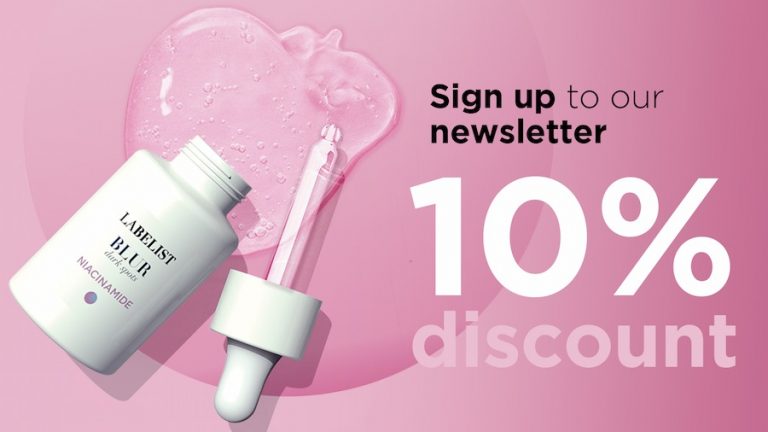Retinol Level 1: Frequently Asked Questions for Beginners
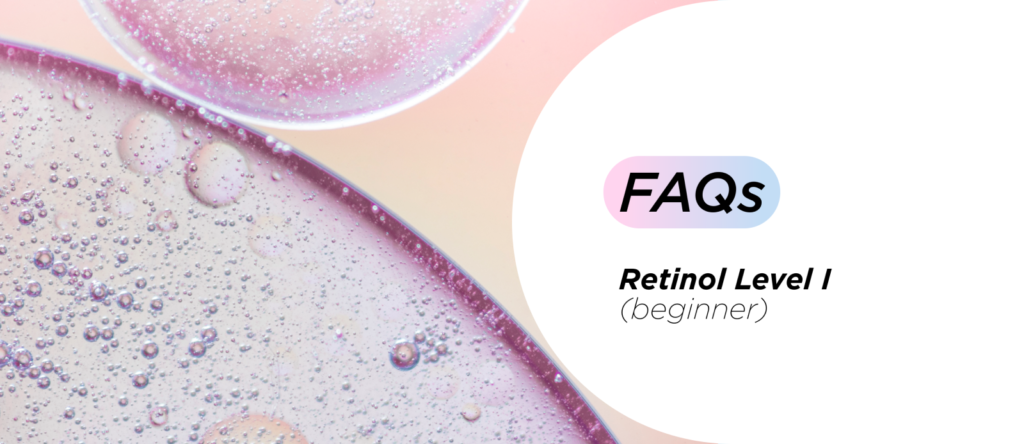
Find out everything you need to know before starting your retinol cosmetic routine:
Retinol is one of the star ingredients in skincare, known for its incredible benefits in fighting ageing, acne and improving skin texture. However, starting to use it can be tricky, especially if you’re new to this potent ingredient.
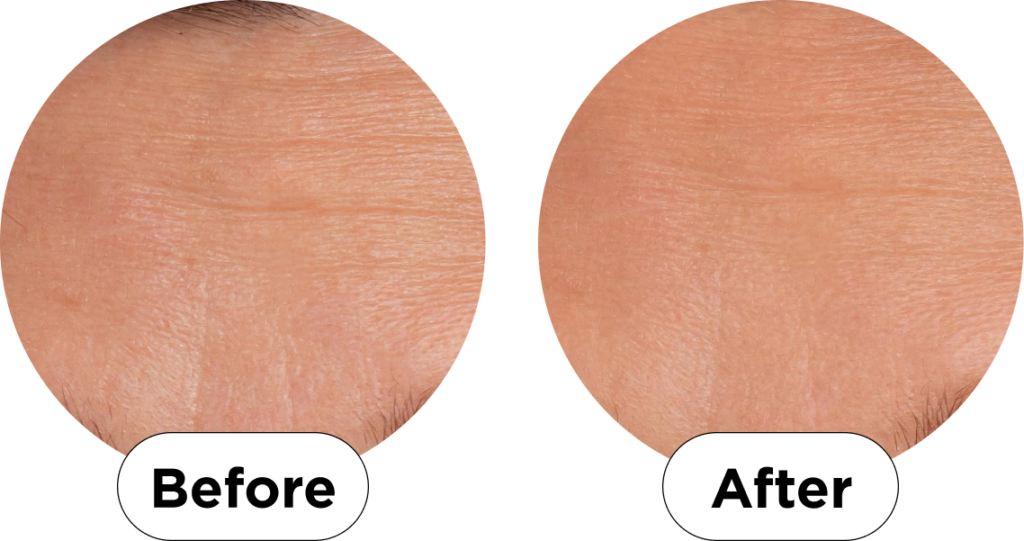
Below, we answer the most common questions that will help you understand how it works, when to use it and how to use it correctly to get the best results:
- How does retinol work in the skin? Retinol penetrates the skin and is converted into retinoic acid, its active form. This process stimulates the production of new cells, collagen and elastin, helping to reduce wrinkles, fine lines and sun spots, and improving overall skin texture and tone.
- When should I start using retinol?
There is no specific age to start using retinol, but many dermatologists recommend its use from:
- 20-25 years for acne thanks to its antibacterial, anti-inflammatory and sebum-regulating effect.
- 30-35 years to prevent and treat the first signs of ageing.
- How long does it take to show results? Results may vary, but generally improvements in skin texture and tone can be seen in approximately 4-6 weeks of regular use. More significant changes, such as reduction of wrinkles and blemishes, can take up to 12 weeks or more.
- How should retinol be applied? Retinol should be applied at night. During the day, retinol is destabilised by light and it is also believed that the skin inactivates the retinoid receptors, so its efficacy is lost.
- What concentration of retinol should I use? It is advisable to start with a low-dose retinol (0.15%) 2 or 3 nights a week for 3 weeks. Thicker skin or skin with enlarged pores can start with a higher % (0.3%).
- If I am exposed to the sun very often, can I use retinol? Retinol itself does not react with the sun but it does leave you with slightly more sensitised skin that you should protect with SPF during the day. It is not recommended to start treatments during times of high sun exposure, but if you are already on a retinol routine and your skin tolerates it well, there is no need to stop.
- Can I use retinol during pregnancy? Pregnant or breastfeeding women should avoid retinol due to the potential risk to the baby. Also, people with extremely sensitive skin or certain skin conditions, such as rosacea, should consult a dermatologist before use.
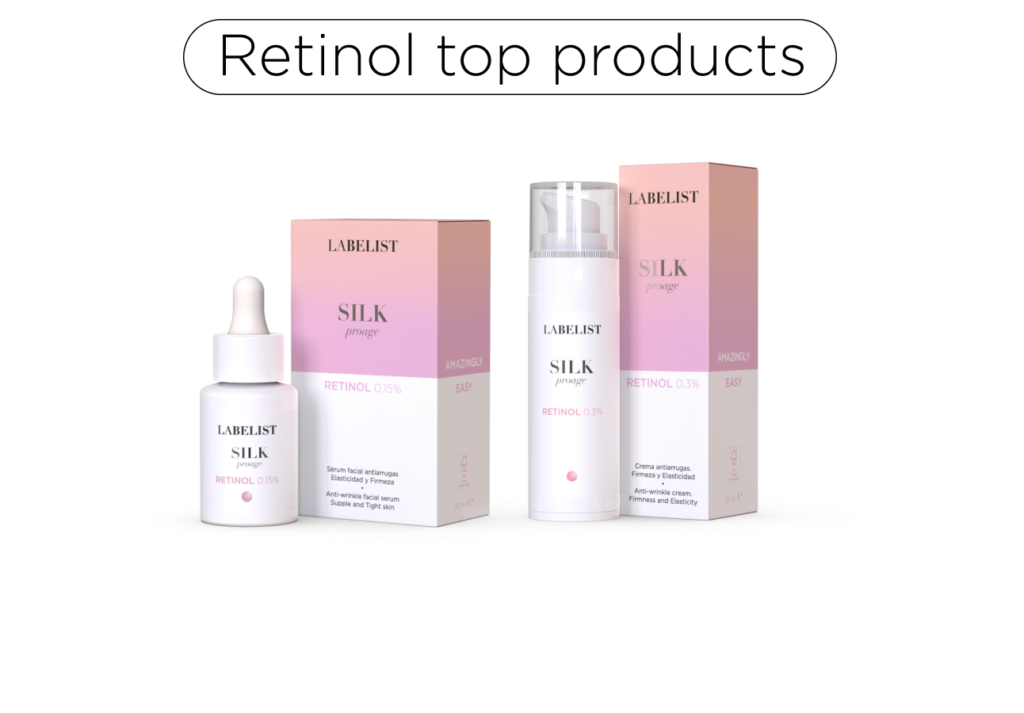
More to discover
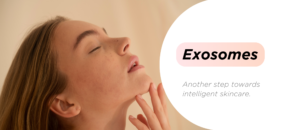
Exosomes in cosmetics: a further step towards intelligent skin care
Biomedicine has shown that exosomes can regenerate tissues, modulate inflammation and even reverse cellular aging. Today, that knowledge lands in cosmetics to transform daily skin
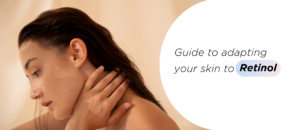
How to Start Using Retinol Without Irritation: Complete Guide
Why Is Retinol so Popular? Retinol is one of the most effective skincare actives, known for its ability to reduce wrinkles, improve texture, and treat
Do you want to be an international distributor of Labelist Cosmetics®?
